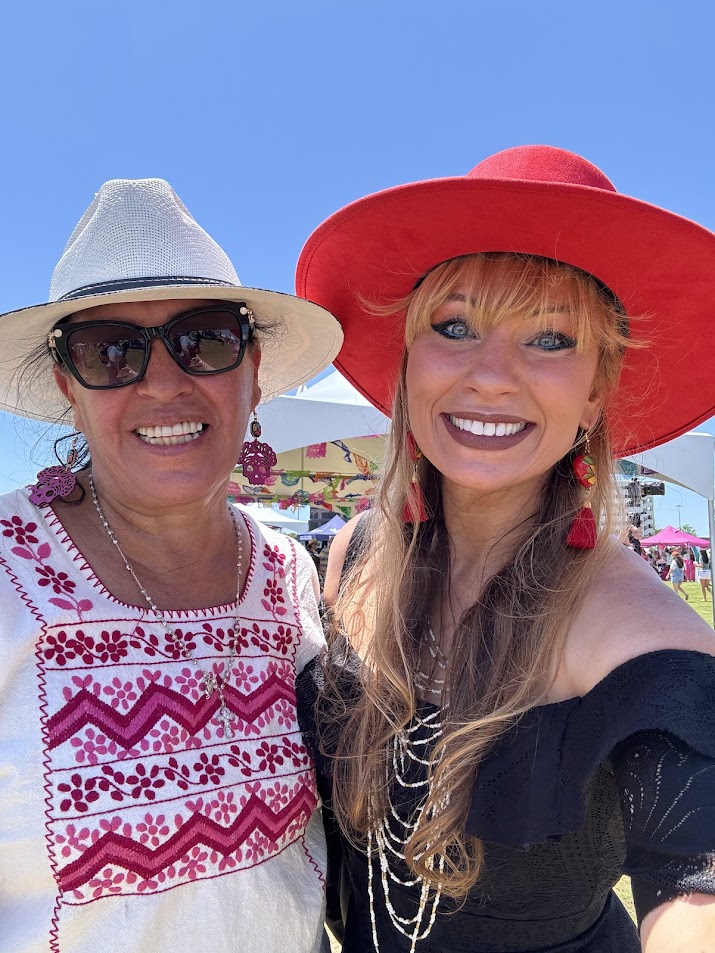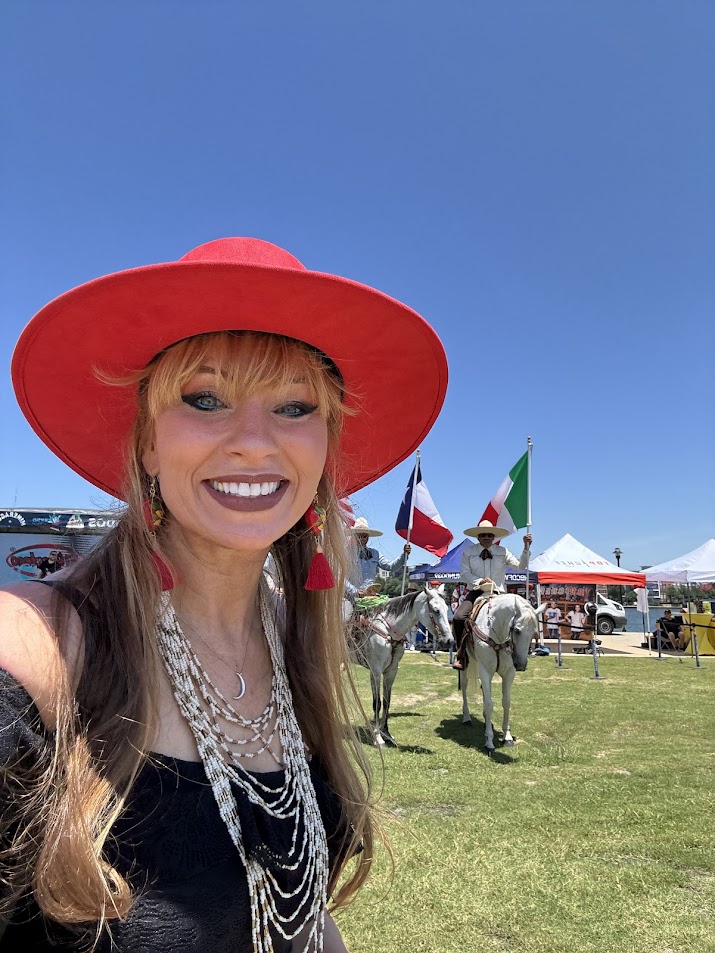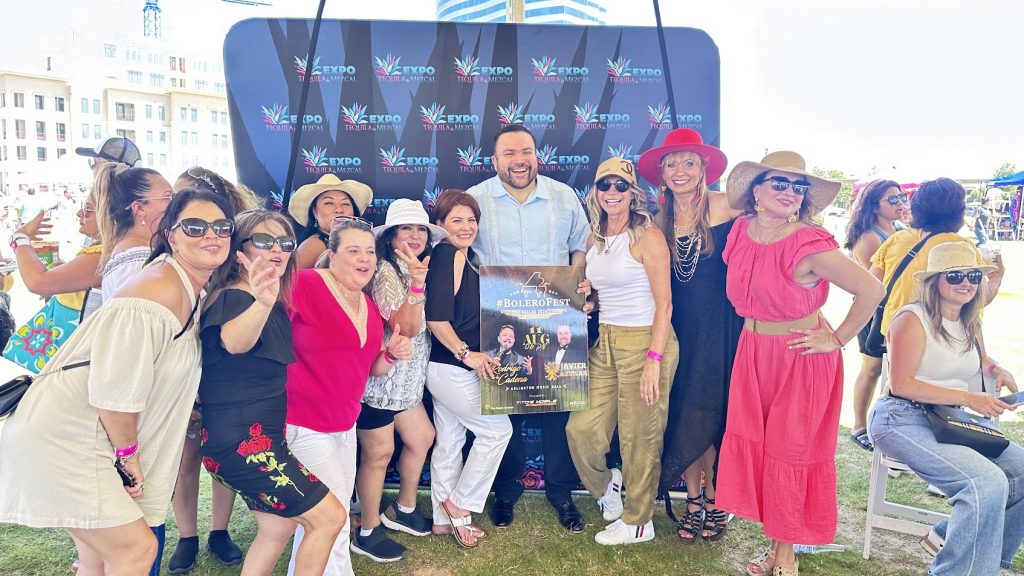On June 8th Irving, Texas, came alive with the vibrant flavors and rich traditions of Mexico at the Expo Tequila & Mezcal. This exceptional cultural and sensory event is dedicated to honoring two of Mexico’s most iconic spirits: Tequila and Mezcal. As the largest tasting exhibition of these drinks, the Expo offers an unparalleled opportunity for both connoisseurs and the general public to immerse themselves in the culture and traditions of Mexico.
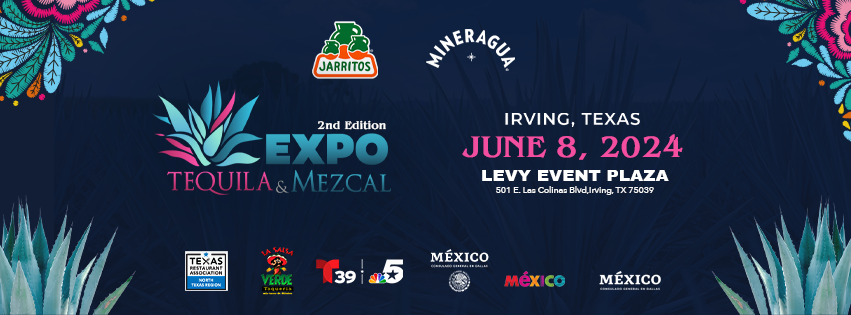
A Journey Through History
Tequila and mezcal, while both derived from the agave plant, have distinct histories and production methods that make each spirit unique. The history of these iconic beverages dates back to ancient times:
- 250–300 A.D.: The Aztecs fermented agave juice to create a ceremonial wine called pulque, associating the agave plant with the goddess of fertility, Mayahuel.
- 1400s–1500s: Spanish conquistadors began distilling agave using mud stills, creating a precursor to modern mezcal. The Marquis of Altamira built a distillery in what is now Tequila, Jalisco, establishing the foundations for the tequila industry.
- 1700s: The Sauza family identified the blue agave plant as ideal for distillation, leading to the creation of major tequila brands. The Cuervo family began commercially distilling tequila, and in 1893, the Mexican government officially recognized tequila as a distinct spirit.
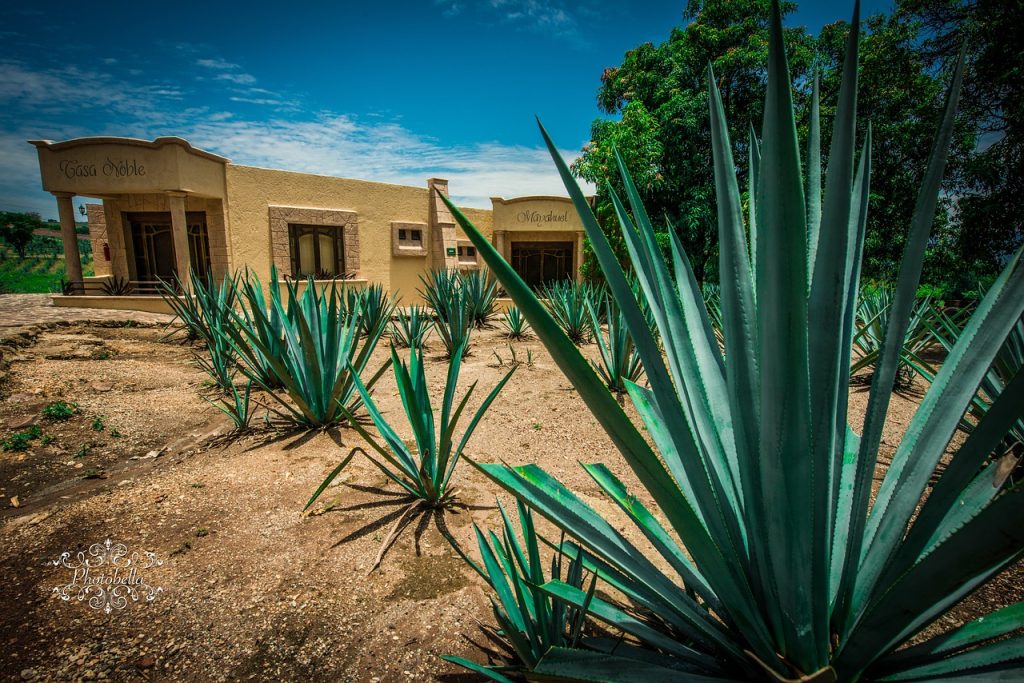
Today, mezcal production is largely centered in Oaxaca, with traditional methods protected by the Denomination of Origin mezcal (DOM) law, ensuring the preservation of age-old techniques.
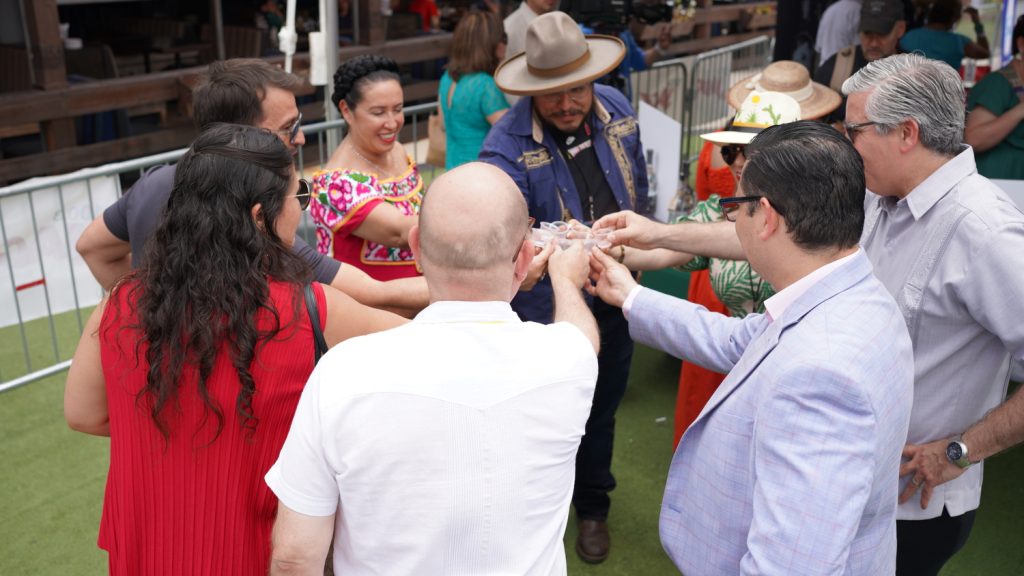
A Cultural Tapestry
Texas’s rich cultural fabric is inextricably linked to Mexican heritage. Terms like “Tex-Mex,” “rodeo,” “fiesta,” and “tacos” highlight the seamless blend of Mexican and Texan cultures. Several annual events in Texas celebrate this shared heritage, including Cinco de Mayo, Fiestas Patrias, and Dia de los Muertos.
- Cinco de Mayo: Commemorates the 1862 Battle of Puebla, where Mexican forces triumphed over the French. This celebration is particularly significant in Texas, where General Ignacio Zaragoza, a native of Goliad, led the victorious forces.
- Fiestas Patrias: Celebrates Mexican Independence Day on September 16th, marking the 1810 Grito de Dolores by Father Miguel Hidalgo, which sparked the Mexican War of Independence.
- Dia de los Muertos: Honors deceased loved ones with a blend of pre-Columbian pagan traditions and Catholic rituals on November 1st and 2nd.
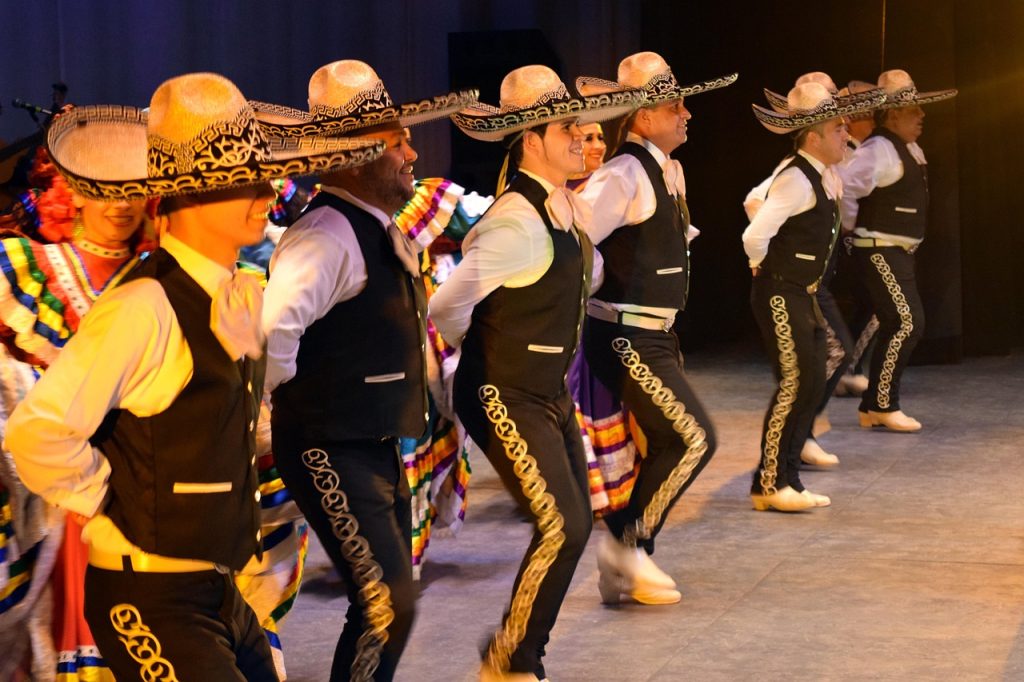
Celebrations Across Texas
Various cities in Texas honor these cultural milestones with unique festivities:
- San Antonio: Hosts three-day celebrations for both Cinco de Mayo and Fiestas Patrias at Market Square, and observes Dia de los Muertos with an altar of the dead at San Fernando Cathedral.
- Austin: Draws crowds to Fiesta Gardens for flamenco dancers and Tejano musicians during Cinco de Mayo, and celebrates Fiestas Patrias with numerous concerts. Dia de los Muertos features a vibrant parade down Congress Avenue.
- Dallas: Commemorates Cinco de Mayo with a wreath-laying at the statue of General Zaragoza in Jaycee Zaragoza Park, and various neighborhood fiestas.
- Alpine, Falfurrias, Fort Stockton, Freeport, and Grand Prairie: Each hosts its own distinctive Cinco de Mayo celebrations, highlighting local traditions and community spirit.
The Expo Experience
The second edition of the Expo Tequila & Mezcal promises to build on the success of its inaugural event, which saw over 1,500 enthusiastic attendees. This year’s expo will offer an even more impressive experience, featuring:
- Tasting Sessions: A wide array of tequilas and mezcals to sample, showcasing the diversity and complexity of these spirits.
- Cultural Displays: Exhibitions and demonstrations of traditional Mexican arts, crafts, and music, providing a deep dive into Mexico’s rich cultural heritage.
- Educational Workshops: Sessions led by experts on the history, production, and nuances of tequila and mezcal, enhancing attendees’ appreciation and knowledge.
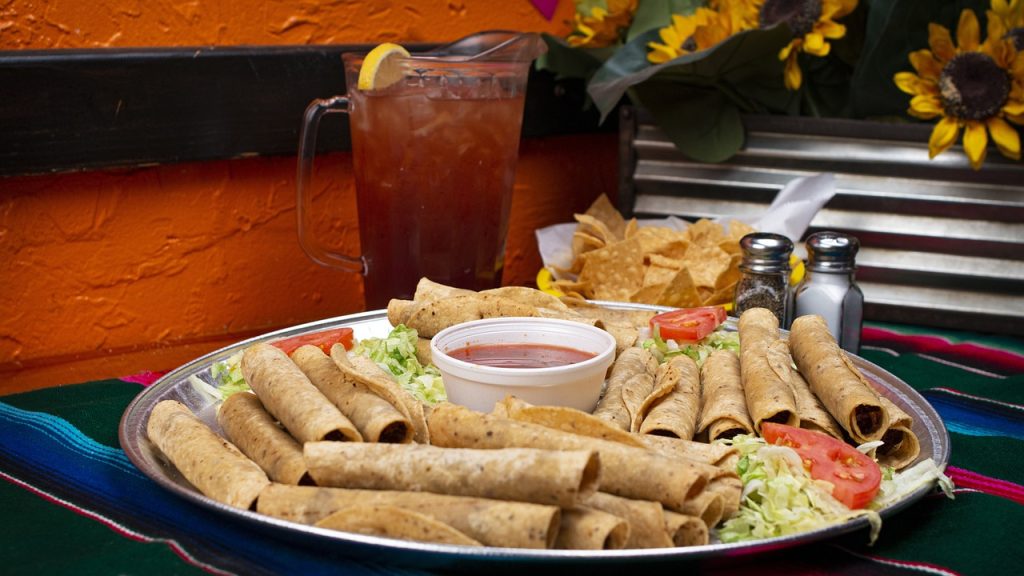
Embracing Heritage
The Expo Tequila & Mezcal is not just an event but a celebration of the deep-rooted connections between Texas and Mexico. By bringing together people to enjoy these iconic spirits and cultural traditions, the expo fosters a greater appreciation of Mexican heritage and its integral role in shaping Texan identity.

